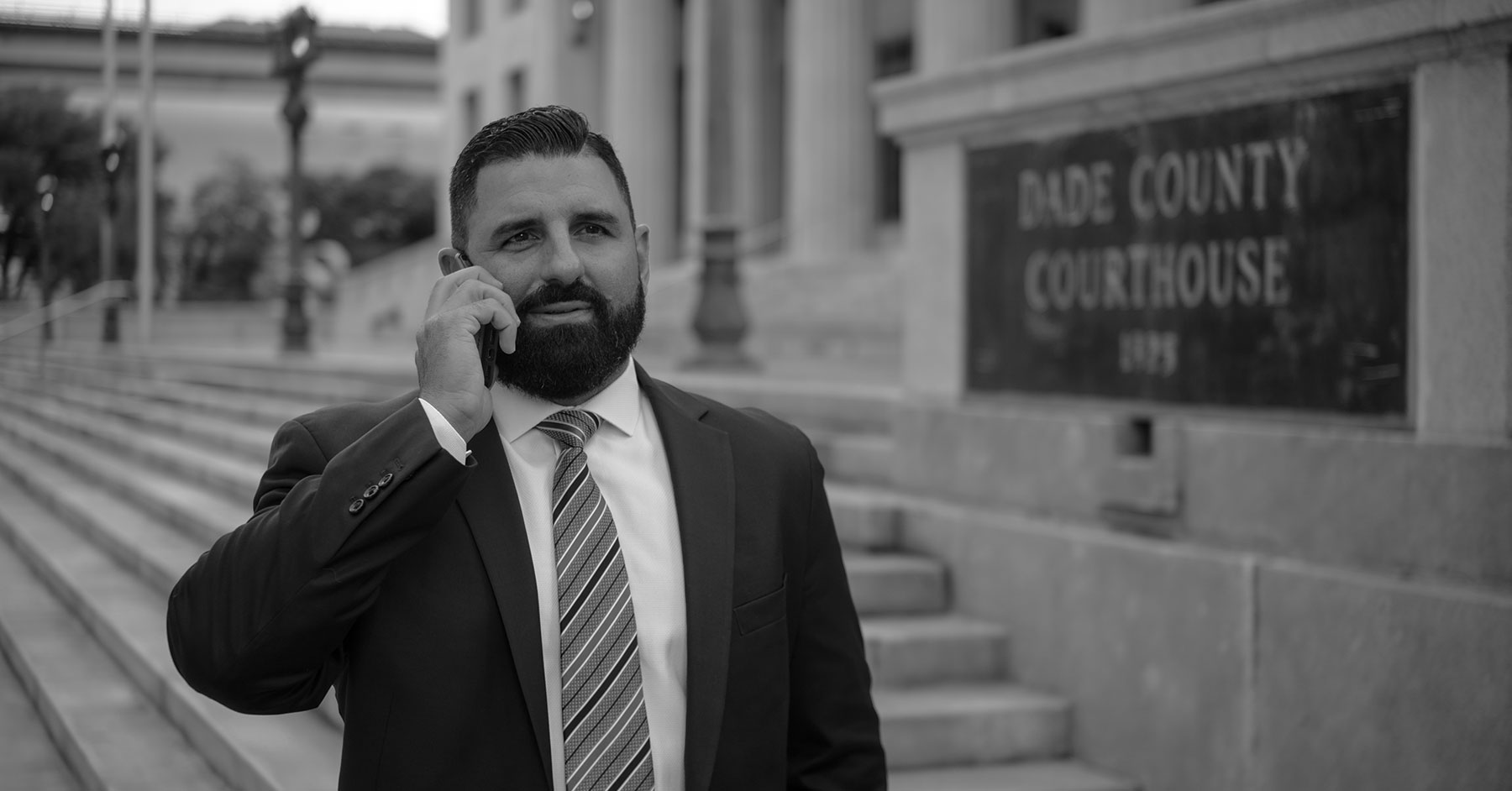How Violent Crimes are Classified and Sentenced Under Florida Law

Violent crimes are classified differently in Florida to offenses such as theft or white-collar crimes — and are handled particularly severely.
Serious examples of violent crimes include homicide, rape or manslaughter but this classification also includes offenses that do not have to have violence as their primary goal or where violence is incident to another purpose, such as burglary.
Miami Beach and Homestead have some of the highest rates of violent crimes committed in South Florida.
If you’re charged with a violent crime in the Miami area, it’s essential to understand the potential consequences you face and seek the assistance of a criminal lawyer to build the best possible legal defense.
Classifying violent crimes in Florida
Violent crimes in Florida are classified as those that involve actual harm or a threat of harm to an individual, as well as if a reasonable probability of harm was present.
Such offenses carry a more serious range of punishments than other, non-violent crimes — but how serious depends on the degree of the crime.
Several offenses considered violent, such as simple assault or battery, are classified as misdemeanors but most violent crimes are classified as felonies because of their severe nature.
Third-degree felonies, such as aggravated assault, carry a maximum penalty of five years’ imprisonment. First-degree felonies, such as manslaughter, carry a maximum sentence of 30 years.
For first-degree murder or capital sexual battery, the death sentence may even be imposed in Florida.
A wide range of crimes are classified as “violent” in Florida. Some of the most serious examples include:
- Aggravated assault
- Armed robbery
- Arson
- Homicide
- Kidnapping
- Manslaughter
- Mayhem
- Murder
- Rape
- Robbery
- Sale and distribution of guns
- Sexual assault/Sexual battery
- Terrorism
- Terrorist threats
- Vehicular homicide
- Vehicular manslaughter
- Weapons offenses
What is the “10-20-Life” law?
Florida follows the “10-20-Life law”, which imposes mandatory sentences for offenses involving guns.
Under this law, any offender in possession of a firearm during the commission of a crime faces a minimum 10-year prison sentence. If the firearm is used during the commission of the crime, a minimum prison sentence of 20 years must be applied, and if the defendant shoots someone, a mandatory minimum sentence of 25 years to life must be imposed.
Use of deadly force in Florida
Not all violent actions in Florida lead to criminal charges. In particular, two primary statutes in Florida justify the use of deadly force in some very specific circumstances. These are:
- Section 776.012 (Florida’s “Stand Your Ground” Law): a person does not have a duty to retreat and can use deadly force if he/she reasonably believes that such force is necessary to prevent the imminent commission of a forcible felony or to prevent imminent death or great bodily harm to himself/herself or another.
- Section 782.02: the use of deadly force is justified when a person is resisting any attempt to murder such person or to commit any felony upon him/her or upon or in any dwelling house in which the person is located.
The presumption of reasonable fear during self-defense
The Florida Statutes also state that if a defendant is in his/her home or vehicle at the time of the offense, the presumption of a reasonable fear of imminent death or bodily harm will be made if the alleged victim unlawfully entered or remained or attempted to remove another person against their will.
Exception to the statutory presumption
The aforementioned assumption has some notable exceptions. It does not apply if:
- The person against whom the defensive force is used has the right to be in the home or vehicle.
- The person against whom the defensive force is used is attempting to retrieve a child or grandchild or other person over whom he/she has legal custody or guardianship.
- The defendant is engaged in an unlawful activity or is using the home or vehicle to further an unlawful activity.
- The person against whom the defensive force is used is a law enforcement officer, who enters or attempts to enter the home or vehicle in the performance of his or her official duties and the officer properly identified his or herself (or the person reasonably should have known that it was a police officer).
Standard for self-defense in Florida
A commonly used defense against violent crime charges in Florida is self-defense. This acknowledges that a violent act occurred but excuses it on the grounds that it was reasonably necessary.
To assess whether the use of force was warranted, Florida law requires a jury to evaluate a defendant’s conduct using an “objective standard”. Namely, would a reasonable person in the defendant’s situation have reasonably perceived an imminent threat sufficient to justify the degree of force used by the defendant?
If self-defense is proposed by a criminal lawyer, the prosecution must overcome the claim beyond a reasonable doubt.
What are the legal exclusions for self-defense in Florida?
Several legal exclusions can also bar the use of self-defense by criminal lawyers in Florida. These are:
- No evidence: Self-defense must be reasonably inferred from evidence presented at trial or it may not be permitted.
- Commission of a felony: Self-defense is not available to a defendant who commits, attempts to commit or escapes after the commission of a forcible felony.
- Provocations of violence: self-defense is not available where the defendant initially provoked the violence.
Violent crime convictions cannot be sealed or expunged
A conviction for a violent crime in Florida stays with you for life, even after the sentence has been served. The conviction cannot be sealed or expunged.
However, a seasoned criminal lawyer will work to reduce the severity of the consequences you face. For instance, charges may be downgraded to avoid mandatory minimum sentences or even dismissed if your constitutional rights were breached during the investigation or arrest.
If you’re in the Miami Lakes area, contact us online or by phone at (305) 403-7323 for a free initial consultation with a skilled criminal defense lawyer.

